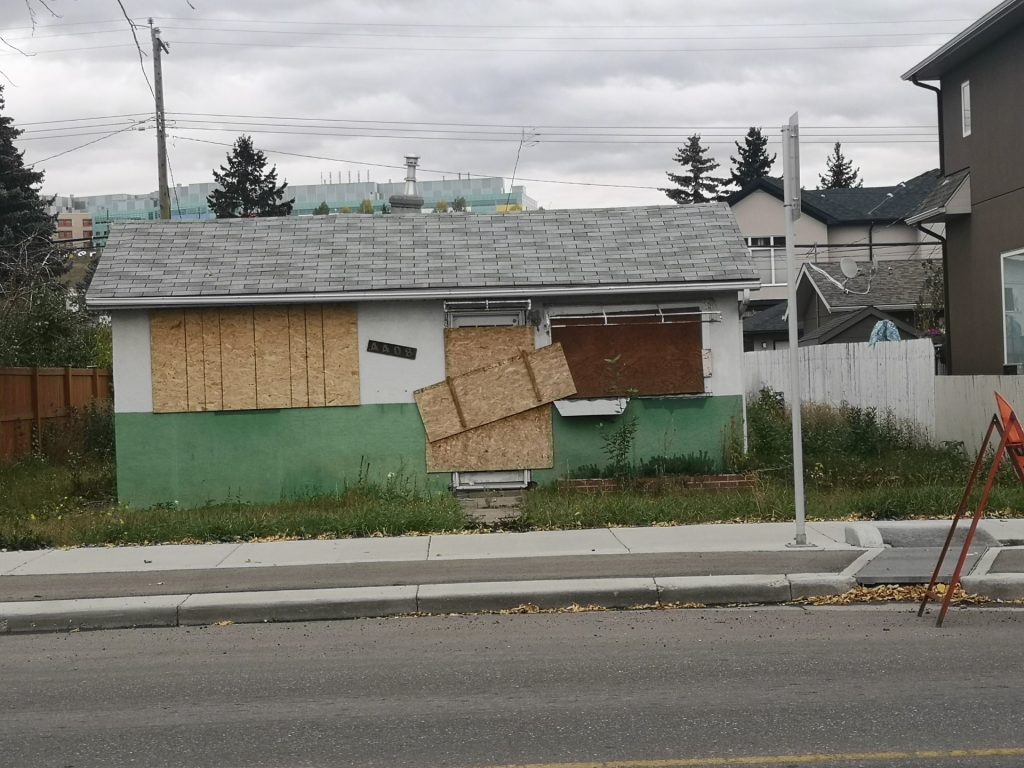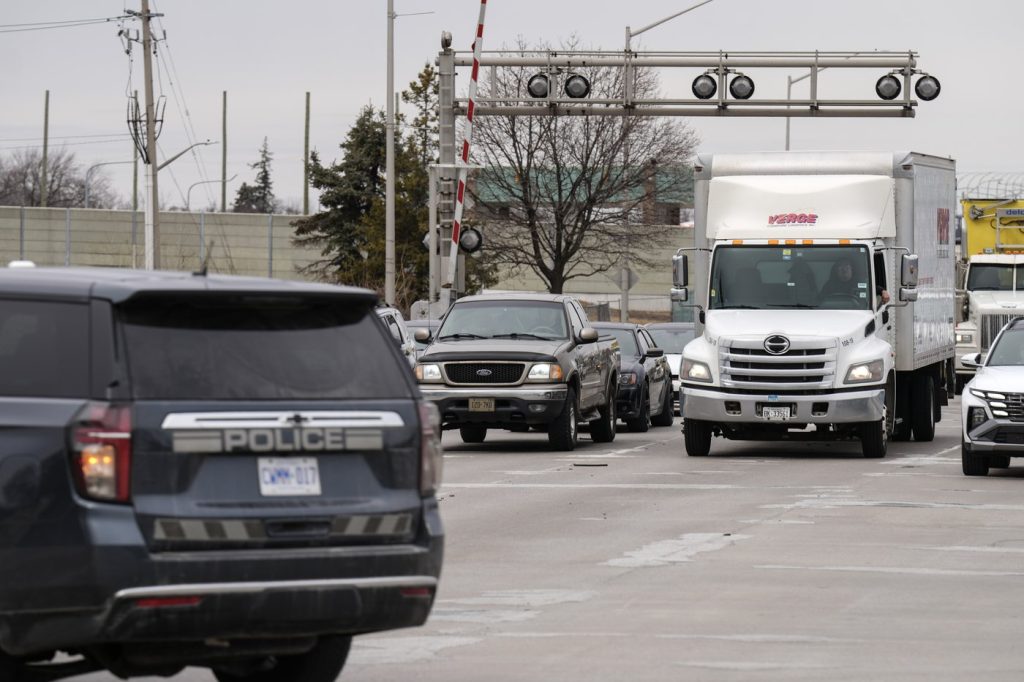Alberta cities look to crack down on derelict properties

Posted Sep 26, 2023 7:22 am.
From boarded up windows to squatters, trash and criminal activity — they’re called derelict properties, and they’re an issue almost everywhere.
But now, a southern Alberta city councillor wants to take a much tougher stance that would ultimately impose more stringent penalties on homeowners and speed up enforcement.
Shila Sharps is a city councillor in Medicine Hat. She says there are homes that have remained derelict for years.
“Enough is enough. We have to put this back on the property owner.” she said, noting a couple of fires that happened downtown recently were from derelict buildings.
The councillor has now put forward a notice of motion for the city to look at what can be done.
“My purpose behind this is to get some meat behind this bylaw. If you look around, any community in Canada, there are these derelict buildings and there are going to be more and more, as people can’t afford mortgages, and they are being used for criminal activity, and it is just getting worse and worse,” Sharps said.
She hopes the city can take a page out of Winnipeg’s bylaw, which requires homeowners of problem properties to install security cameras, lighting and fences. Their bylaw also speeds up the process for demolition.
The City of Calgary is also hoping to crack down on derelict properties.
Across the city, there are over 380 that are considered derelict.
Community Standards Division Chief Ryan Pleckaris says they will be asking council come budget time to enhance their coordinated safety response team, which is the team tasked at handling some of the issues around derelict properties in the city .
“We want to scale up to add more peace officers, more fire inspectors, enhanced legal services, community engagement, we want to take up on the good success of the CSRT and expand it to respond more effectively and timely,” he said.
Pleckaris adds the expansion will allow the city to deal with other kinds of problem properties, like short-term rentals that have turned into party houses.
The timeliness of the city’s response when dealing with derelict properties was put into the spotlight last month, when several residents spoke to CityNews about a derelict property along Fairmount Drive in Calgary’s southeast.
The residents say the property has been a neighborhood headache for over two years becoming an alleged hub for stolen property, drugs, and fights.
“All they are doing is stealing bikes it is a like a chop shop,” said one resident. “Two years is just too long.”
Public health enforcement documents from Alberta Health Services noted 13 people living inside the home at one point, as well as holes in the walls.
A recent inspection report also found evidence of mouse droppings, and a leak in the basement.
Pleckaris wouldn’t comment on the status of the home on Fairmount Drive, only to say the investigation remains ongoing.
He says in situations like these there are reasons why it takes so long for these properties to be dealt with.
“It depends on a variety of factors — mainly the owner’s willingness to comply,” Pleckaris explained. “If someone wants to exhaust the legal process it could take up to a couple of years for these situations to be dealt with which I know is not what citizens of these neighborhoods want to hear.”
There could be appeals, there could be issues contested in our judicial system that can extend compliance timelines,” he added.
Problem properties that are being used for criminal activity like drug trafficking and prostitution fall under the Alberta Sheriffs and the Safer Communities and Neighborhoods Act.
In a statement to CityNews, the province says they are also looking to crack down on problem properties by doubling the size of their SCAN unit.
“A portion of the $27.3 million in new funding for the Alberta Sheriffs in Budget 2023 will be used to add 20 new positions to the SCAN unit,” said press secretary for the Office of the Deputy Premier and Public Safety and Emergency Services, Arthur Green. “A portion of these new positions will be based in regional hubs, giving the SCAN unit a greater ability to investigate complaints coming from rural communities and provide police in smaller centres with more options for dealing with criminal activity.”
In Calgary, the most serious punishment a homeowner can face for not being in compliance is demolition.
Over the past four years the city says 100 properties have faced the wrecking ball and 30 have been fixed up.








